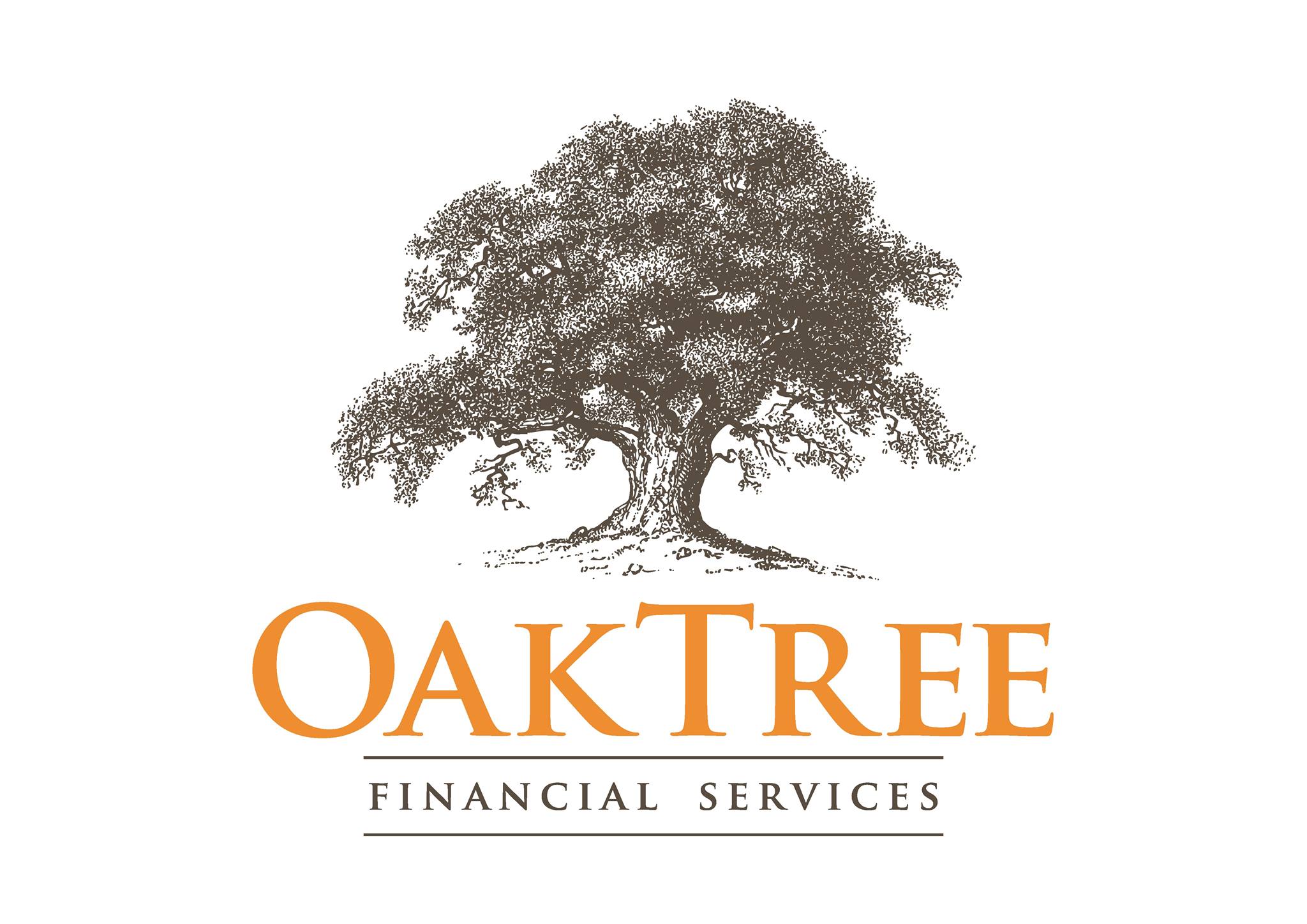The world we live in today has an ever-increasing amount of couples co-habiting together which is also confirmed by the Central Statistics Office (CSO). There has especially been a large increase in numbers of cohabiting couples with children in rental accommodation, to over 40,000 families.
The Civil Partnership and Certain Rights and obligations of Cohabitants Act 2010 state that a co-habiting couple is defined as “one of two adults, who can either be of the same or opposite sex, who live together as a couple in an intimate and committed relationship and who are not related to each other”
The is a misconception that the Civil Partnership & Certain Rights and Obligations of Cohabitants Act provided co-habiting couples the same tax advantages as those available to married couples or Registered Civil Partners, but sadly this is not the case. The Act did give co-habiting couples the right to claim from a deceased partner’s estate but did not allow them to enjoy the same tax advantage that married couples enjoy and therefore any transfers of assets may be subject to Capital Gains Tax and Capital Acquisitions Tax (CAT). The tax Threshold which applies to them is Group C – €16,250.
In Ireland, married couples and registered civil partners enjoy a number of tax advantages which are not available to single people. They can choose as to how they are assessed to income tax which will produce the best tax advantage for their own personal circumstances. Further to this, a married couple or registered civil partners can transfer assets between each other free from CGT, Capital Acquisitions Tax and Stamp Duty.
When Co-habiting couples wish to take out policies of Life Insurance, care needs to be taken to ensure that there is no potential liability to CAT. However, there is a differentiation between the types of policies that co-habiting couples may want to take out. These could be listed as follows:-
- Mortgage Protection Policy
- Level Term policy to cover assets of loss of income
Each type of policy may give rise to a CAT liability, on the basis that the surviving partner is
- beneficially entitled to the sum insured and
- the sum insured is in their possession.
These are the two criteria which need to be satisfied for CAT liability to arise. In short, a person becomes chargeable to CAT on an inheritance when a person becomes ‘beneficially entitled in possession on a death to any benefit (whether or not the person becoming so entitled already has any interest in the property in which such a person takes such benefit), otherwise than for full consideration in money or money’s worth paid by such person’
The Mortgage Protection Policy
Couples will often purchase a property, with a view to living together before getting married at a later date. The lending institution will insist on a mortgage protection policy being put in place and assigned to them, prior to releasing the cheque for the property.
When the policy is assigned to the lending institution, the relevant sum insured is payable directly to the lending institution in the event of a claim. The co-habiting couple generally do not receive the sum insured and the mortgage is cleared by the policy.
In this case, the two key factors required for a CAT liability do not arise, i.e. the surviving partner does not have beneficial entitlement to the sum insured nor is it in their possession so it follows that no CAT arises on the sum insured, provide the full sum insured pays off the mortgage. However, If there is any balance over the mortgage amount and the relevant sum insured, this may give rise to a CAT liability when repaid to the surviving partner.
Where the policy has not been assigned to the lender then a CAT liability will arise as the surviving partner will have beneficial entitlement to the sum insured and it will be in his/her possession. Once the mortgage has been cleared, consideration should then be given to the other assets that may be passed between the couple with particular focus whether the ‘Dwelling House Exemption Rules’ apply on the inheritance of the house.
A level term policy to cover other assets or loss of income.
The other assets passed between the couple would generate a liability to inheritance tax where the value of those assets exceed €16,250. In the situation of a young couple buying a property together, where the property is owned under Joint Tenancy, half of the property would be inherited by the survivor, should one die. The Dwelling House Exemption may come into play, but if the survivor has not lived in the house for three years prior to the inheritance a CAT liability may arise.
This is an area specifically related to young couples living in their first property with plans to get married at some date in the future. The conditions for the Dwelling House Exemption include a need to have lived in the property for at least three years prior to the inheritance, to avoid a potential inheritance tax liability arising. The conditions for the Dwelling House exemption are as follows:-
- The dwelling house must be the principal private residence of the disponer at the date of death
- The dwelling house must have been continuously occupied by the beneficiary as their only and main residence for a period of three years immediately preceding the date of the inheritance
- The beneficiary must not be entitled to an interest in any other dwelling house at the date of the inheritance
- The beneficiary must continue to occupy the dwelling house as his or her only or main residence for a period of six years after the date of the inheritance
Many queries do arise about the fact that, if the three year rule cannot be satisfied, a liability to inheritance will befall the surviving partner who may only have the choice of selling the property to cover the tax. Often though, a short term level insurance policy with a term of 3-4 years is taken out, to cover this potential tax. A level Term insurance policy can cover this potential tax arising on the inheritance of the house, but also for other assets that are passed between the co-habiting couple. For those couples who are long-term co-habitants, assets passed between them will equally give rise to an inheritance tax liability.
A common misconception is that long-term cohabitants can enjoy tax advantages if they are deemed ‘common law spouse’s’. This is correct for some other jurisdictions in the world however not in Ireland. The term ‘Common Law’ has no relevance in Ireland so what assets passing between them will give rise to inheritance, considering the threshold of €16.250.
There is a further need for insurance to cover loss of income, like any married couple, especially where there is one ‘bread winner or main income provider. A death in any relationship can result in income loss and deprivation and lifestyles can be severely curtailed. The solution of this would be for the co-habitants to take policies of life insurance, on each other’s lives. This is typically referred to a ‘Life of Another’. Each partner in the relationship takes out a policy on their partners life. Life A takes out a policy with Partner B being covered and Partner B takes out a policy of the life of Partner A. The key is that each partner pays the premiums for the policy they own which will mean that no inheritance tax arises on the policies.
In conclusion, a co-habiting couple need to trace their potential tax liability in the event of either partner dying and put a structure in place that will ensure the proceeds of policies are paid out in the most tax efficient manner.
For more information about protecting your finances as a cohabiting couple please contact us by calling 025-30588 or book a complimentary chat here.

Tracy Sumstad is a highly qualified and experienced Senior Financial Consultant with over 20 years of expertise in the Finance Sector. Tracy is well-equipped to provide comprehensive advice on financial planning and corporate solutions. Her focus lies in helping clients identify their unique values and goals, empowering them to make informed financial decisions that protect and enhance their wealth and success.


